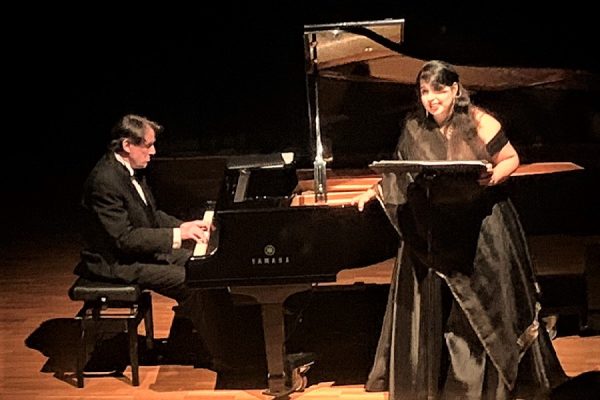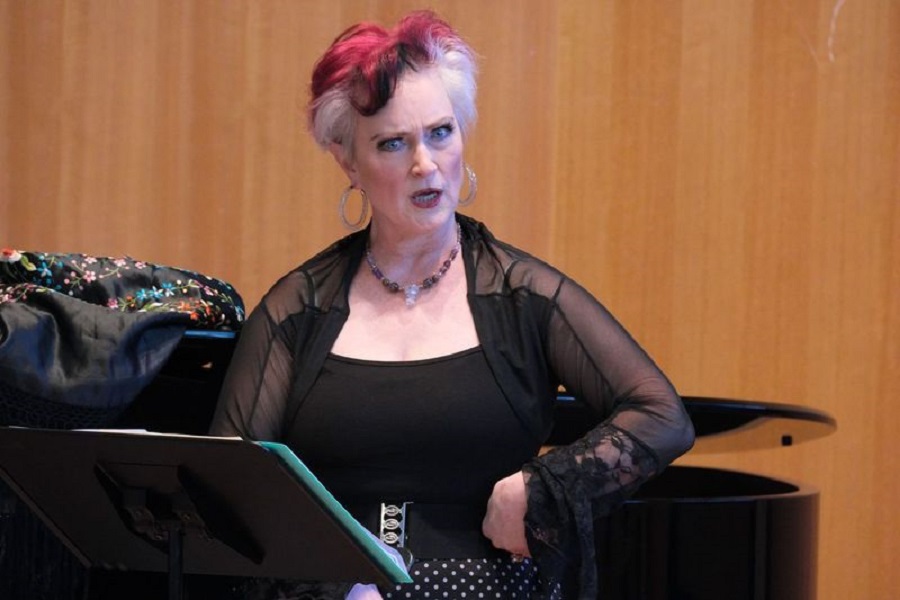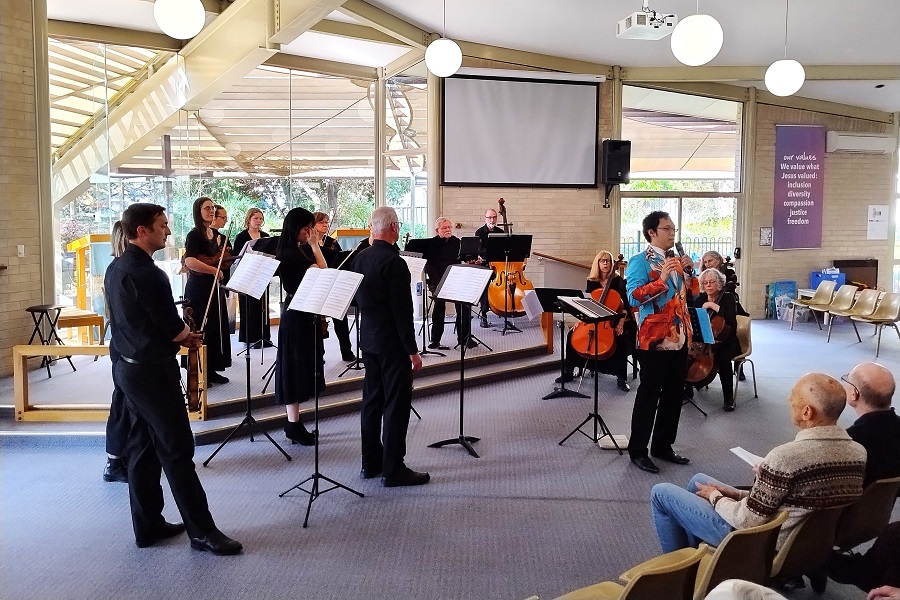
Music / “Çannakale-Gallipoli Songs”. Ayşe Göknur Shanal, soprano, John Martin, piano. At Orana Steiner School, Weston, April 22. Reviewed by LEN POWER.
THERE was emotion was on display in an evening of highly affecting songs about Gallipoli, presented by the Turkish-Australian soprano Ayşe Göknur Shanal and pianist John Martin.
Ayşe Göknur Shanal has won many prestigious awards and scholarships here in Australia and overseas. She has performed widely in the US, UK, Europe and Asia including Opera Australia, Turkish State Opera and Opera Queensland.
The audience was taken on an emotional journey of folk songs, diary entries and letters of Australian, Turkish and NZ soldiers, set to music by composers Diana Blom, John Wayne Dixon, Eric Bogle and Henri Duparc.
The program commenced with “Hey Onbeşli”, a traditional Turkish song with words that are a tribute to the many 15 year-old youths who were enlisted when Turkey entered World War II and who died at Gallipoli. Shanal sang it with such beauty that the emotion in the song was clearly felt and understood.
“Two Songs For The Anzac Centenary – 1918 and 1945” by John Wayne Dixon followed. These songs about a mother’s grief for a child lost in war were sung with great sensitivity and warmth and John Martin gave them an expert accompaniment on piano.
The next item in the program was Henri Duparc’s exquisite “Au pays ou se fait le guerre” (To the Country Where War is Waged), sung by a woman whose lover has gone to war and she nervously waits for his return. The restrained emotion in this song was superbly captured by Shanal.
“Çanakkale Türküsü”, a Turkish folk song followed. This unaccompanied song of a young soldier lost in the war singing to his mother from beyond the grave was given a haunting rendition full of sentiment and longing.
Diana Blom’s “Remembrances Four” has words taken from letters and other communications of actual soldiers on both sides, collected by Harvey Broadbent. These affecting memories of enlisting, the landing in Gallipoli, the morning star seen from the trenches and the quiet end of the battle were sung with passion, drama and simplicity.
The final song on the program, Eric Bogle’s “And The Band Played Waltzing Matilda”, written in 1972 at the height of the anti-war movement, proved to be the most affecting. The quiet, delicate singing of this highly emotive work was the perfect end to a remarkable concert by these excellent performers.
Who can be trusted?
In a world of spin and confusion, there’s never been a more important time to support independent journalism in Canberra.
If you trust our work online and want to enforce the power of independent voices, I invite you to make a small contribution.
Every dollar of support is invested back into our journalism to help keep citynews.com.au strong and free.
Thank you,
Ian Meikle, editor




Leave a Reply